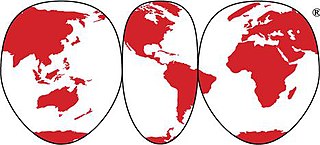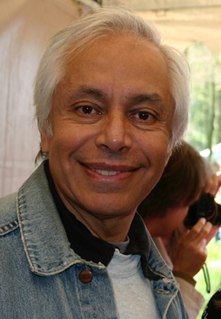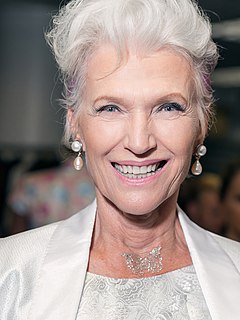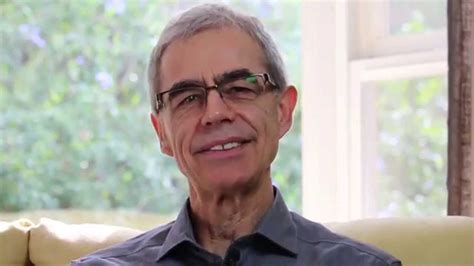A Quote by Neal Barnard
A vegan diet takes care of most of what we need to do. But you'll also want to minimize the use of oils generally, because while olive oil and other vegetable oils are better for your heart than chicken fat, they are as fattening as animal fats.
Related Quotes
The most overrated ingredients are garlic and extra-virgin olive oil. With garlic, it's personal; I have never been that big of a fan of its flavor. As for extra-virgin olive oil, I do use it quite often but its ubiquity serves to overshadow many wonderful oils like pistachio, walnut, argan and even grapeseed.
There are a very small number of doctors in France that use essential oils and herbs as well as conventional drugs in their treatments and sometimes they will use essential oils intensively, usually because they are treating people with cancer or chronic infections that patients have had for years, and ingested essential oils are a really a great choice for treating chronic infections if you're a doctor.

































